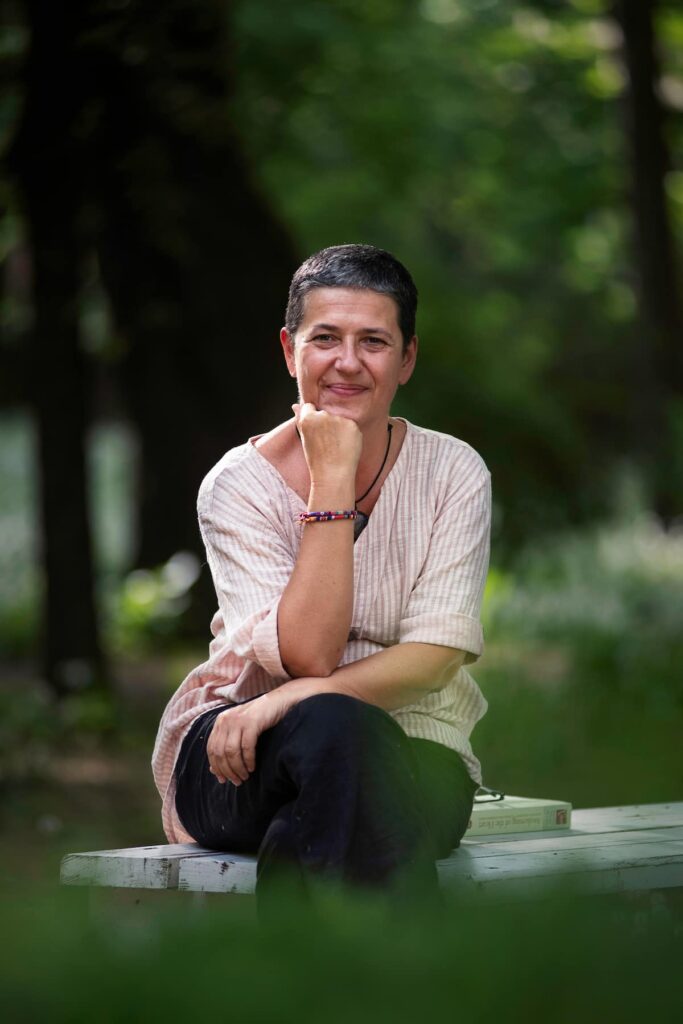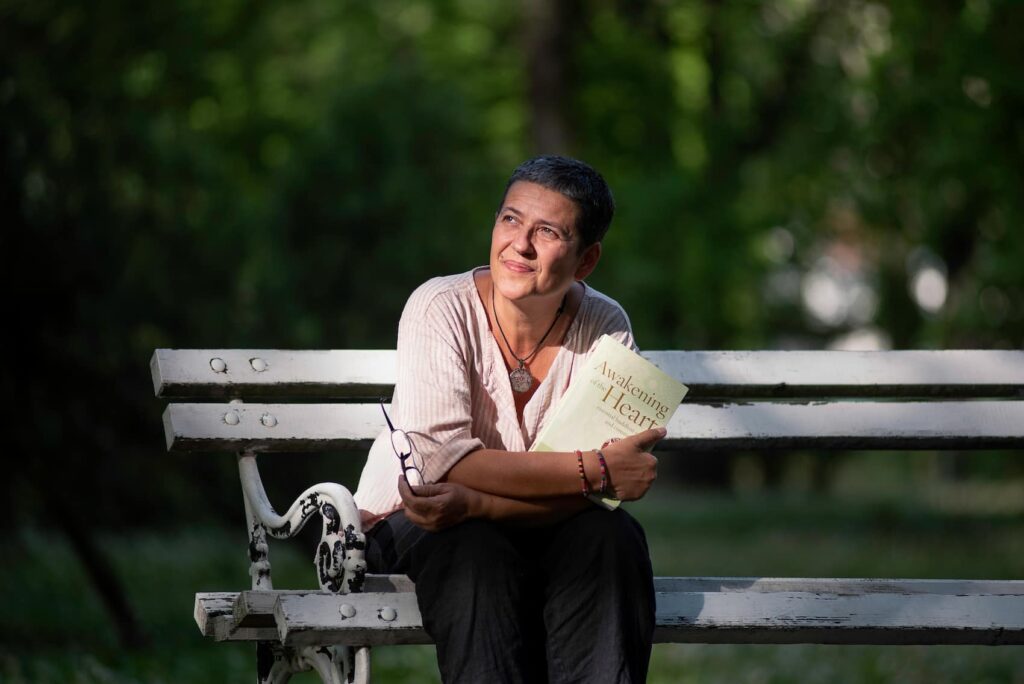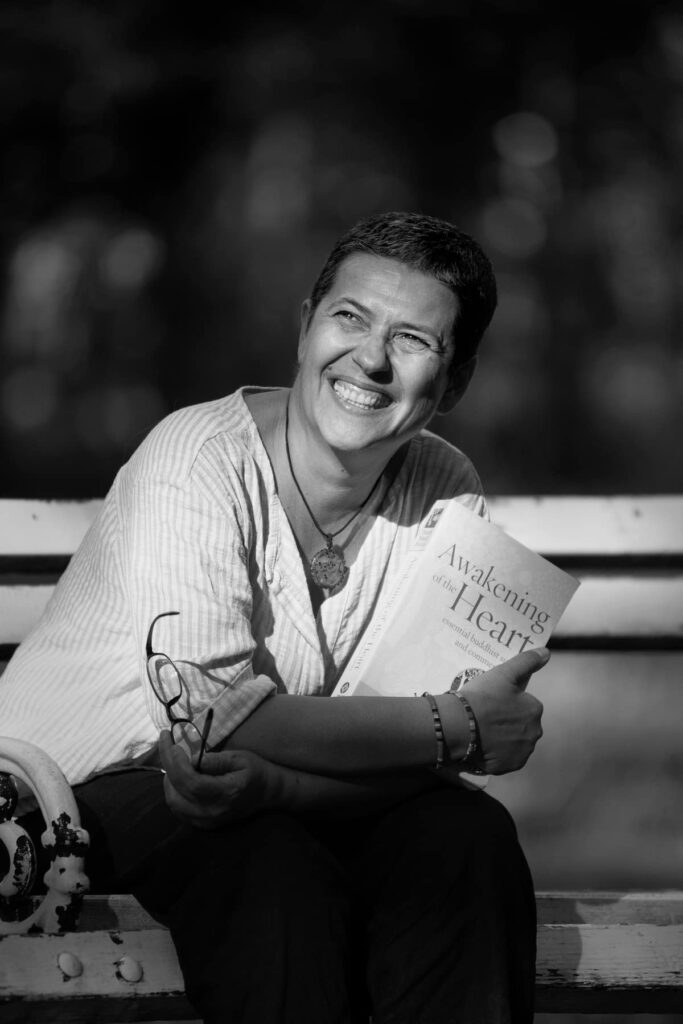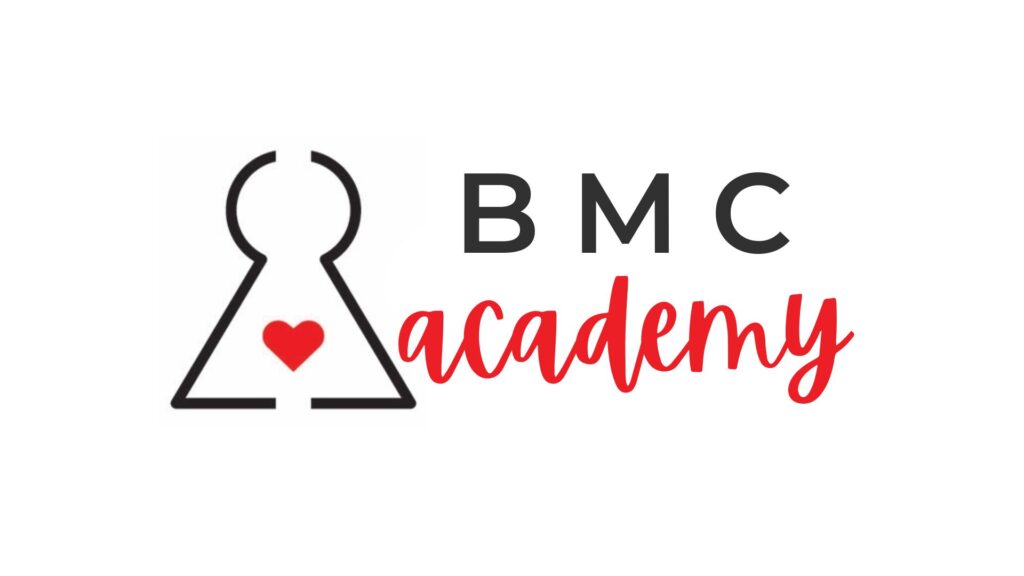
Dalida Turkovic is an executive coach and coach educator, and the founder and Education Director of BMC Academy. At BMC Academy, she leads the development of Level 1 and Level 2 coach certification programs, which are accredited by the International Coaching Federation. Dalida began her coaching journey while living in China, where she resided for 30 years. Her initial exploration into coaching involved Emotional Intelligence and NLP-based approaches before she transitioned into Positive Psychology and Mindfulness.
Dalida Turkovic | Founder and Education Director | BMC Academy
Her first executive coaching project in 2005 was a significant milestone, opening many doors in a market where coaching was still relatively new. At EliteX, we are proud to have Dalida Turkovic as part of our Elite League of Business Leaders, 2024.
BMC Academy focuses on educating executive and life coaches through a mindfulness-based approach. What sets the Academy apart is its dedication to this specific methodology, which emphasizes mindfulness as a core component of coaching practice. One of the most significant challenges Dalida faced in her career was navigating economic crises, such as SARS, COVID, and financial downturns, which often lead to cuts in consulting and training budgets. To overcome these challenges, she relied on her martial arts practice, meditation, and community support. Finding creative ways to manage financial difficulties helped her reconnect with her purpose and reaffirm the importance of her work.

Dalida has experienced many proud moments throughout her career. Among them are participating in a fundraising campaign that raised £11 million for UK-based charities, supporting university teachers in launching Lunchtime Mindfulness programs, helping coaches establish mindful communities, and assisting a client in finding meaning in life before passing away from a brain tumor. A particularly difficult business decision for Dalida was laying off staff and closing the Beijing Mindfulness Centre in 2003 following SARS. This decision, along with leaving China in 2023, brought a sense of loss and grief. However, these challenges led to new opportunities. After relocating to Thailand, where she faced a challenging climate and health issues, Dalida had to pause her work to focus on recovery. She is now returning with renewed energy and focus, ready to embrace the next chapter of her journey.
Dalida Turkovic’s future goals for BMC Academy involve expanding into new markets. After spending 30 years in China and becoming well-versed in the business environment there, she now faces the challenge of adapting to different paces and practices outside of China. The decentralized nature of social media and numerous options for business visibility were initially overwhelming. To navigate this, Dalida plans to collaborate with other professionals who excel in these areas, diversify her approach, and continuously explore markets interested in BMC Academy’s offerings. She aims to keep learning and evolving to achieve these goals.
“Leadership styles evolve with the economy. True success is not in material wealth but in the positive impact we leave behind.”

Balancing work and life is important to Dalida. She integrates her love for work into her daily life by meditating, exercising, eating healthily, and surrounding herself with supportive people. She also stays attuned to how her needs change over time, which helps her think clearly and follow her intuition. Throughout her career, Dalida has been significantly influenced by mentors who shared their knowledge of Eastern contemplative practices with her while she lived in Asia. This wisdom has shaped her approach to her physical, mental, and emotional health and her overall worldview.
Dalida identifies the saturation of coaches in developed markets like the US and Western Europe as a major challenge in the industry. Although many coaches exist, the quality of coaching may not always be high. Additionally, the rise of AI presents a threat, as some coaching approaches could be replaced by technology. However, she sees an opportunity in offering mindfulness-based, trauma-sensitive education for coaches. She believes there is a significant need for coaches to address mental health issues in executive settings, which is an area with room for growth.
To aspiring business leaders, Dalida offers the following advice: Leadership styles evolve with the economy, and current trends show a shift away from empathy and human connection. She encourages new leaders to choose their industry wisely, understand their need for career growth, and remember that the true measure of success is not material wealth but the positive impact they leave behind. Leaders should strive to create conditions that support healthier lives for future generations and ensure their actions are meaningful and beneficial.
“To navigate new markets, we must collaborate with others, diversify our approach, and continuously learn and evolve.”
